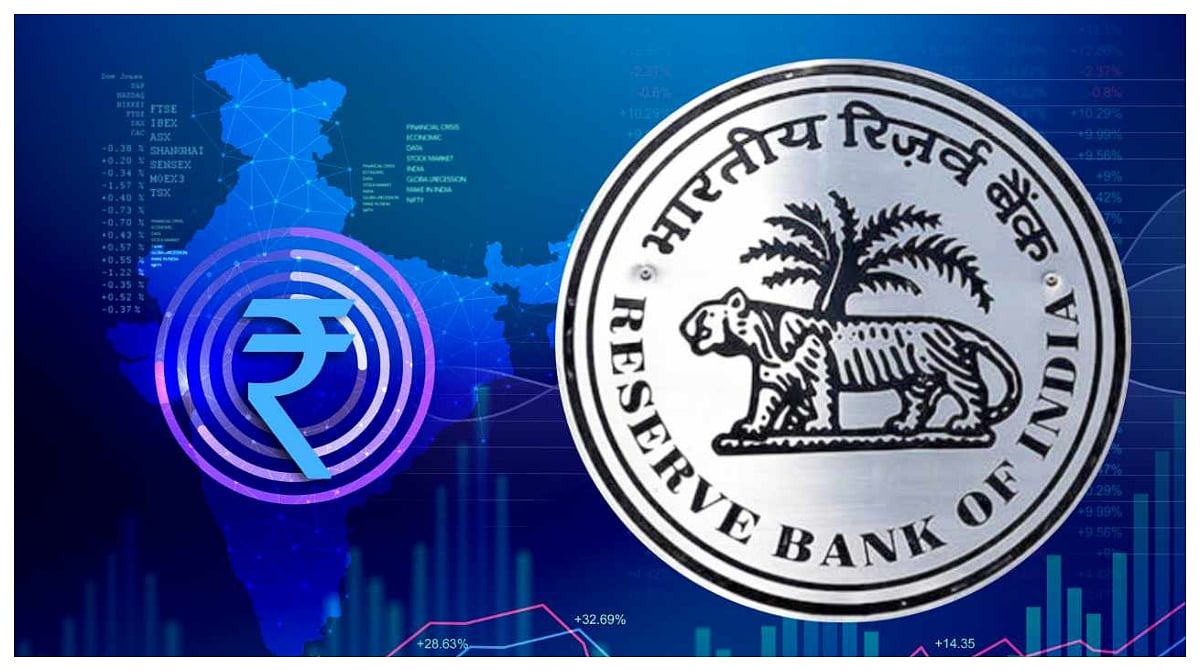Indians Using Central Bank Digital Currency Cross 70 Lakh, RBI In "No Hurry" For Rollout
Sankar said the work is underway on a Digital Payments Intelligence Platform (DPIP) that can analyse and assign a risk score to transactions on a real-time basis.

File Image |
Mumbai: Over 70 lakh Indians currently use the central bank digital currency (CBDC) as part of its pilot project, and the Reserve Bank is in "no hurry" for a full rollout of the virtual currency, a senior official said on Tuesday."The number of people using CBDC is now 70 lakh. We are in no hurry for a full rollout of CBDC," Sankar told reporters on the sidelines of the annual Global Fintech Fest here.
He said the RBI's focus centres are increasing the use cases for the CBDC, and pointed to the surge in the number of programmable CBDC cases.The CBDC's real advantage is in the cross-border usage, he said, adding that to realise the full benefits of the same, other countries also need to progress on their own CBDC projects.
Earlier, in a speech, Sankar said the work is underway on a Digital Payments Intelligence Platform (DPIP) that can analyse and assign a risk score to transactions on a real-time basis.To control instances of fraud, the RBI has taken initiatives like the 'MuleHunter.ai', he said, adding that 20 banks are using it at present.In the speech focused on artificial intelligence, Sankar spoke about the challenges which the widely used technology portends.
"The 'Black Box' problem of AI models, or in other words, the lack of explainability, makes these models non-transparent. This makes it hard for regulators and auditors to understand how decisions are made, which, in turn, undermines accountability," he said.Regulatory actions, or denial of service to customers, would typically require reasons to be communicated, he explained, adding that the absence of explainability may constrain the use of such tools.
Apart from this, there are systemic risks typical to AI systems, such as "herding behaviour", when AI-driven trading models get widely used, which can amplify volatility, he said.Over-reliance on automation could result in losing oversight or delayed intervention when things go wrong. There is also the ethical issue of using behavioural data for manipulative cross-selling or risk profiling, he underlined.It is necessary to balance innovation while safeguarding systemic stability, the DG noted.
"The RBI has always fostered innovation within safeguards." Through calibrated guidance, supervisory oversight, and structured engagement with industry, the RBI aims to foster an ecosystem where financial innovation flourishes without compromising systemic stability. As AI reshapes the financial landscape, this approach remains unchanged - progress and prudence must go hand in hand," he said.
Disclaimer: This story is from the syndicated feed. Nothing has changed except the headline.
RECENT STORIES
-
-
-
-
-